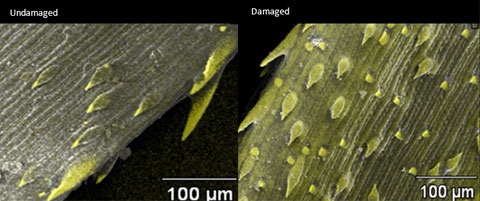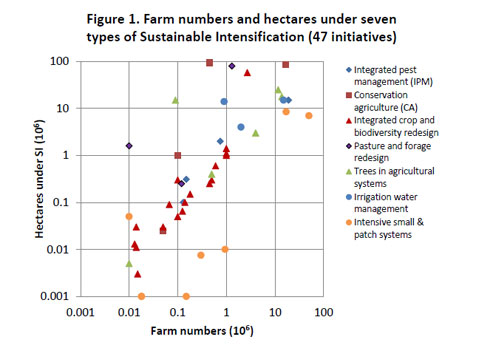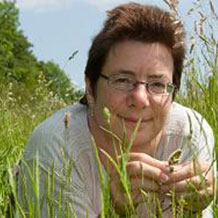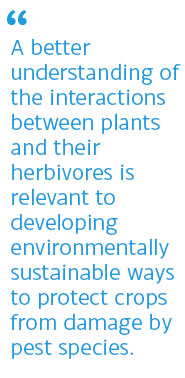Professor Sue Hartley OBE
Director - York Environmental Sustainability Institute (YESI)
Research
Sue Hartley is Director of the York Environmental Sustainability Institute, which builds interdisciplinary partnerships to generate sustainable solutions to global environmental challenges. She is also the University’s Research Champion for Environmental Sustainability and Resilience, a trustee of Royal Botanic Gardens, Kew and a board member of Natural England, the UK Government’s statutory adviser for the natural environment in England. Her research group are interested in understanding the interactions between organisms exploiting plants, how those interactions are mediated by plant defences, particularly silicon, and how a better understanding of those processes can improve both the sustainability of agriculture and agri-environmental policy.
Her research and scientific publications fall into three main areas:
Soil-plant-herbivore interactions
Plants are at the centre of a complex web of interactions with other organisms which seek to exploit them: herbivores, the natural enemies of those herbivores, pathogens, parasites and mutualists. I am interested in the chemical basis of these interactions between plants and other organisms, particularly herbivores; the impact of these plant-mediated interactions on the structure and function of ecological communities; and how this complex web of species interactions is affected by climate change.
Silicon-based plant defences
Grasses, both native species and crops such as rice, wheat and barley, take up silicon from the soil in unusually high amounts and deposit on their leaves (figure 1), making them more resistant to herbivores such as crop pests. Silicon also protects crops from pathogens and alleviates abiotic stresses, such as drought. A better understanding of the biochemical and genetic mechanisms underpinning silicon accumulation in plants will enable the development of strategies for improving the resilience of our crops to both environmental change and to the pests and diseases which threaten our food supply.

Leaf surface of Deschampsia caespitosa, a grass species high in silicon. The yellow colour shows the location of silicon in SEM pictures of the leaf surface in undamaged and damaged leaves, showing the increases in silicon deposition, number and diversity of silicon-containing spines in response to herbivory.
Sustainable agriculture and agri-environmental policy
There is increasing interest in making agriculture more sustainable and less reliant on chemical inputs whilst still maintaining food production for a growing population. The use of natural plant defences such as silicon is one approach, but many others are gaining traction globally (figure 2). This is a fast-moving policy area where there are opportunities to move the UK Government’s agri-environmental policy towards a so-called “public money for public goods” approach, where farm subsidies are linked to ecosystem services rather than agricultural production, with concomitant benefits for farmland biodiversity.

Increasing global use of seven approaches to increase the sustainability of agriculture while maintaining yield.



